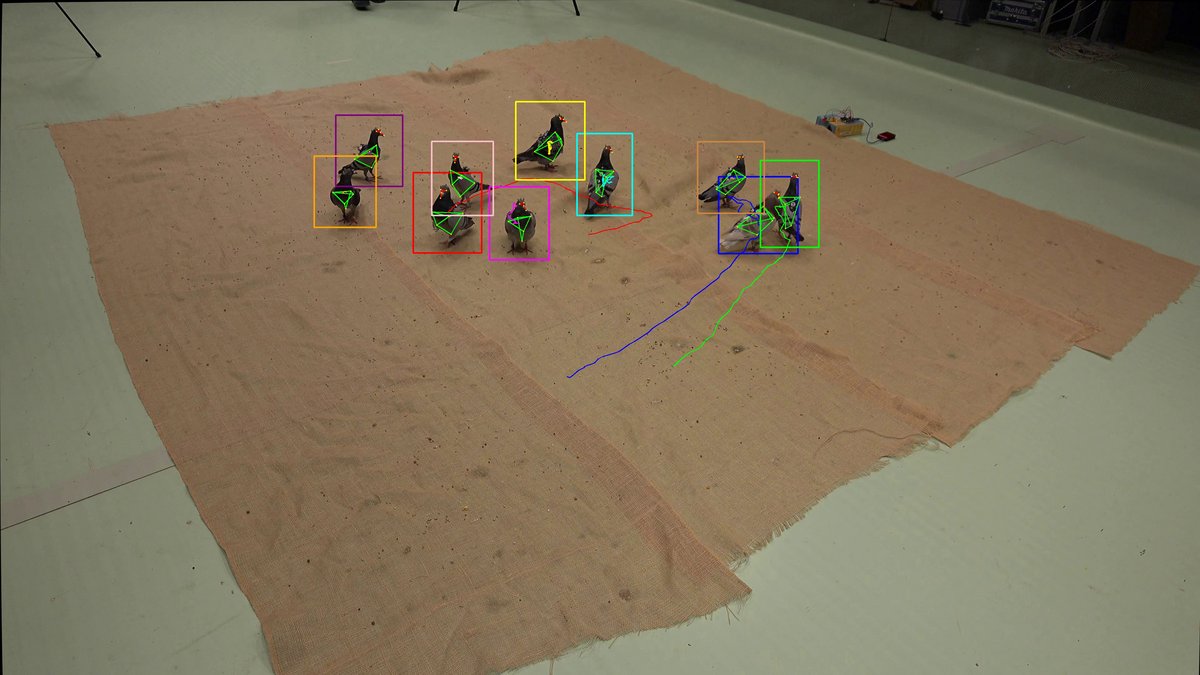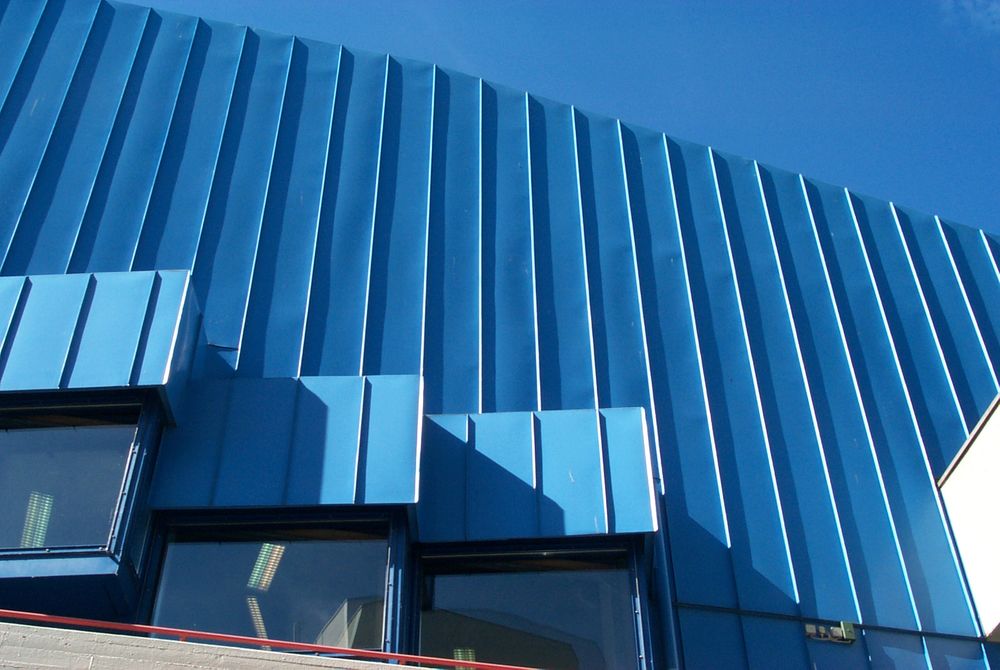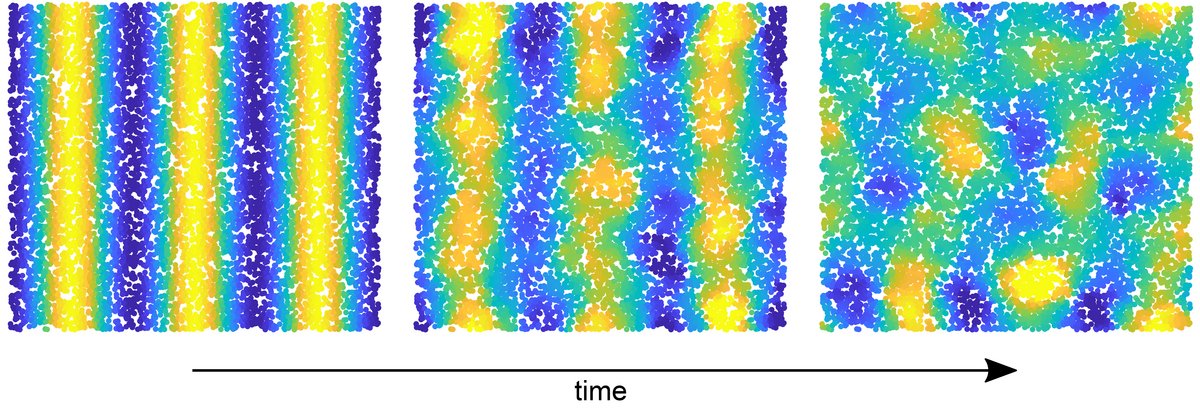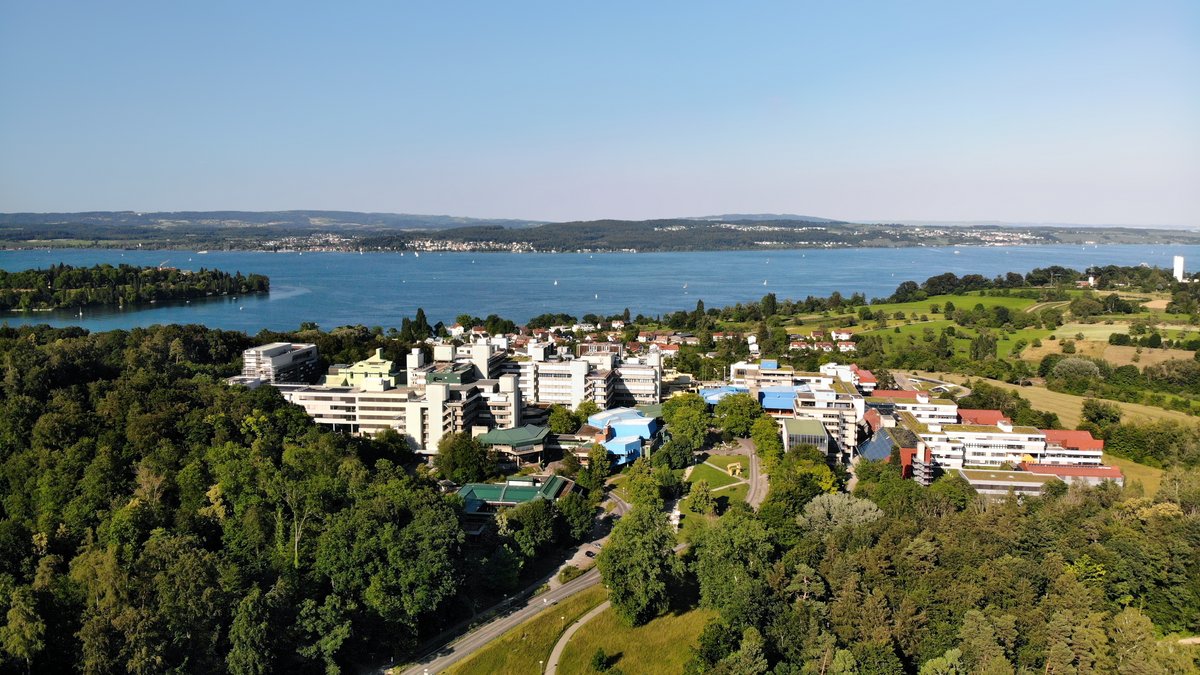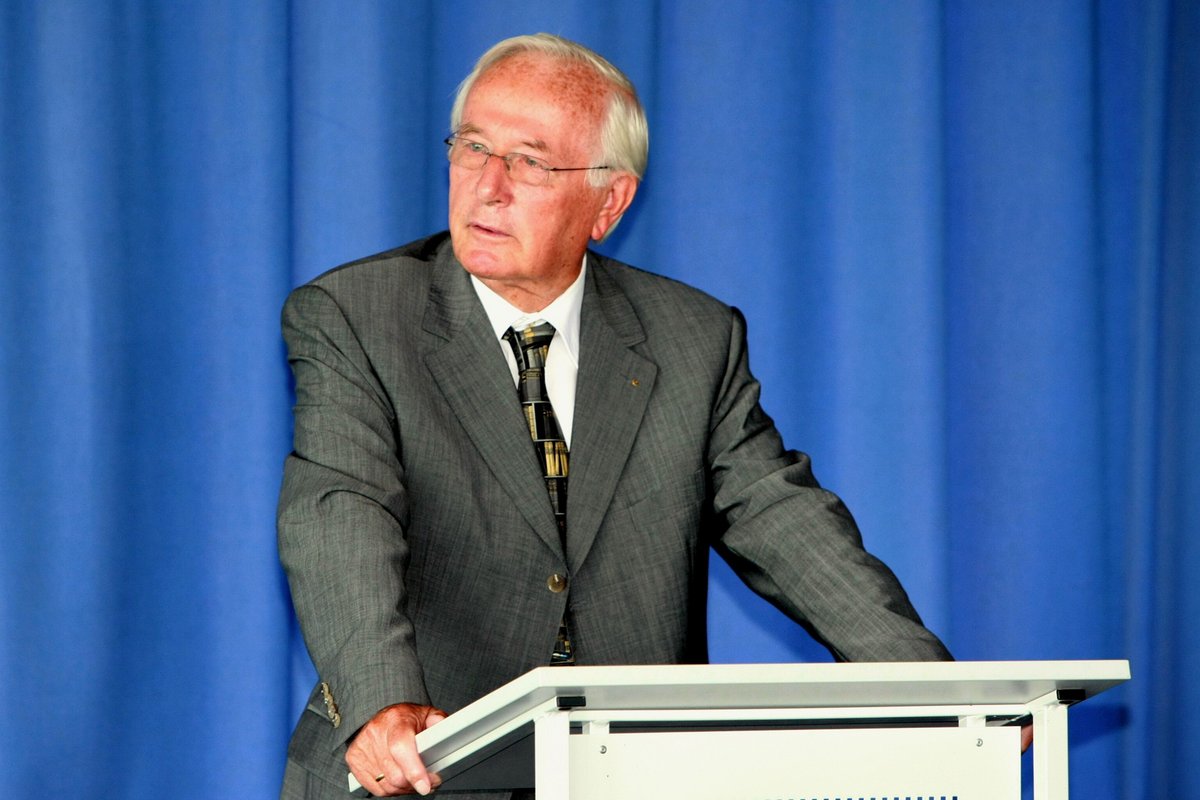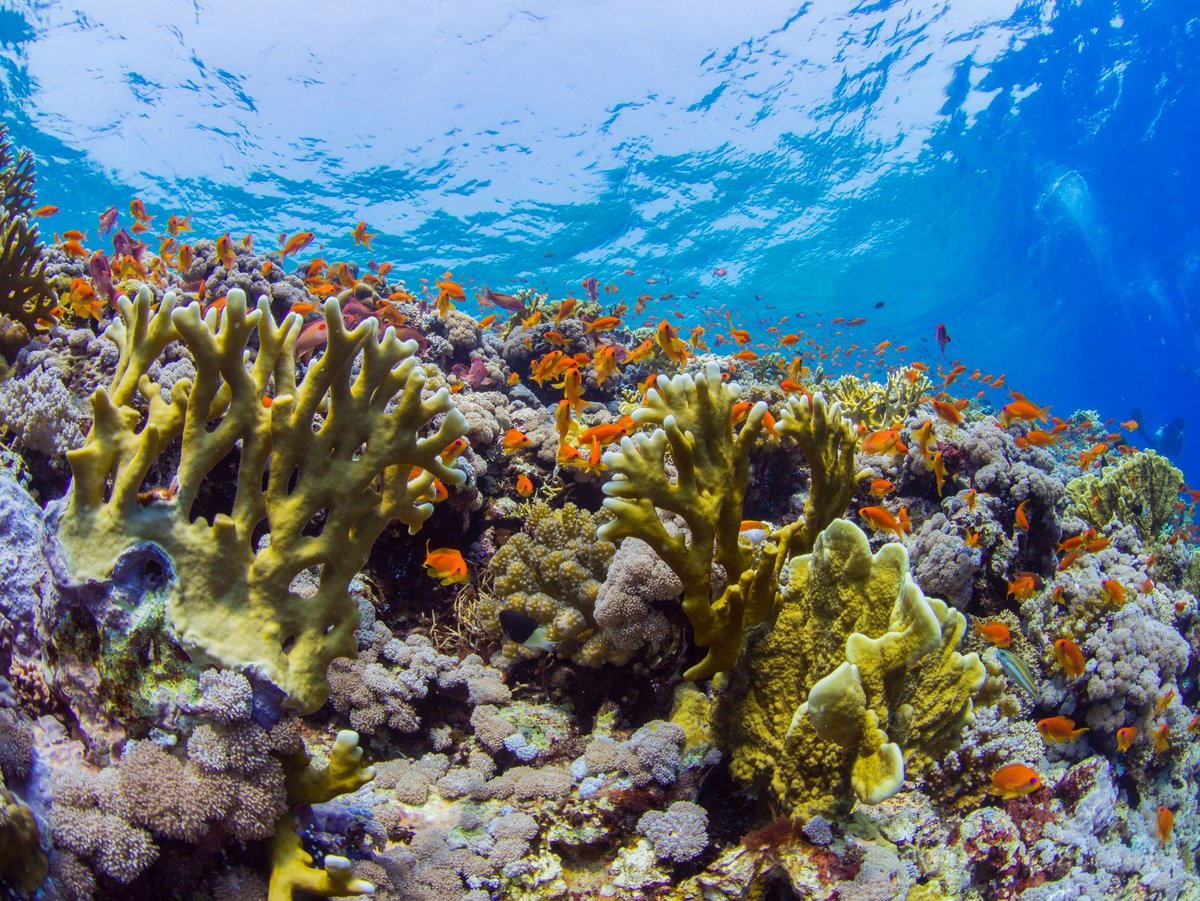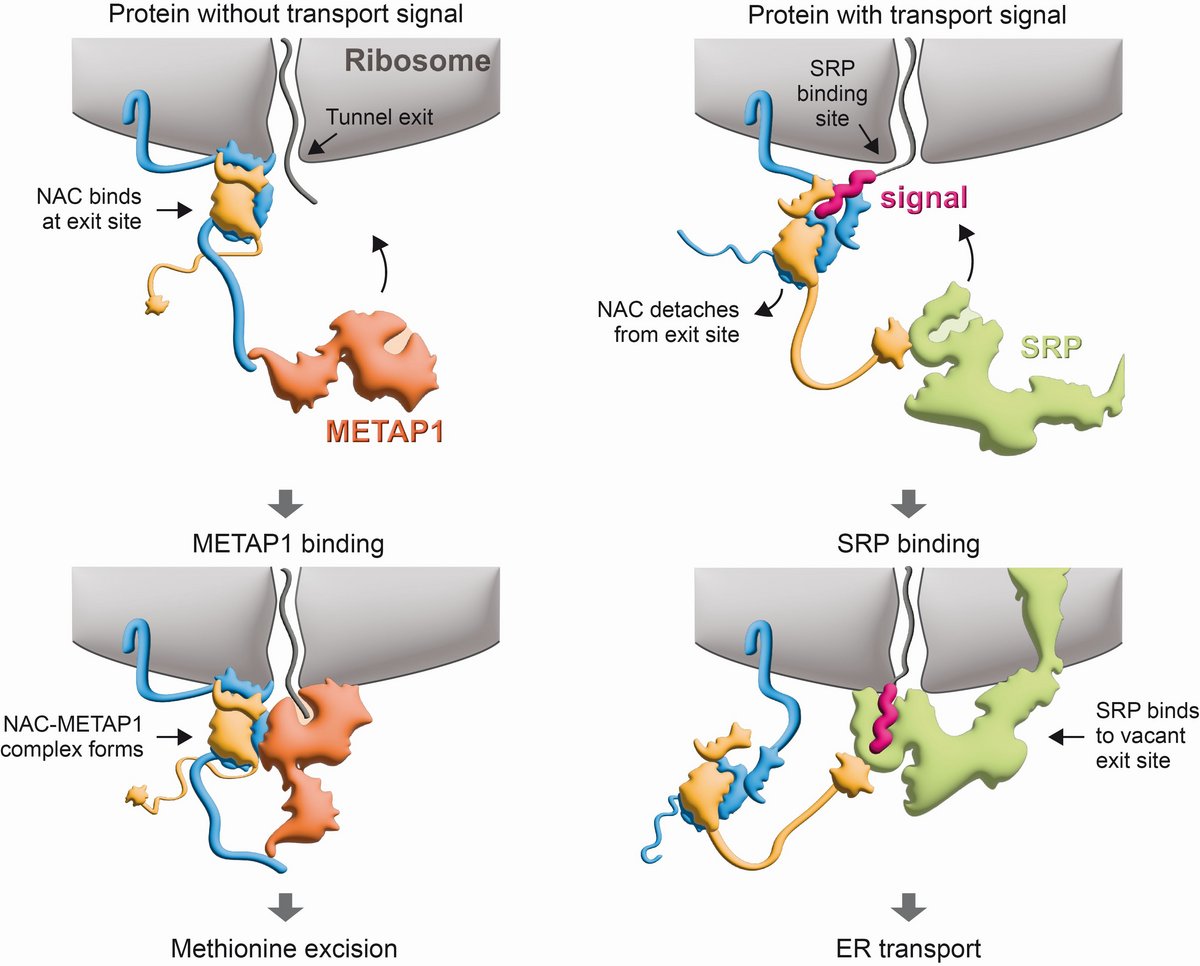
Blackbuck mating heaven
Teaser: The researchers Hemal Naik, Akanksha Rathore, and Vivek Hari Sridhar went to Rajasthan, India, to study the mating behaviour of blackbucks from a bird's eye perspective. Read what they encountered during six adventurous weeks in the field.
Read more
